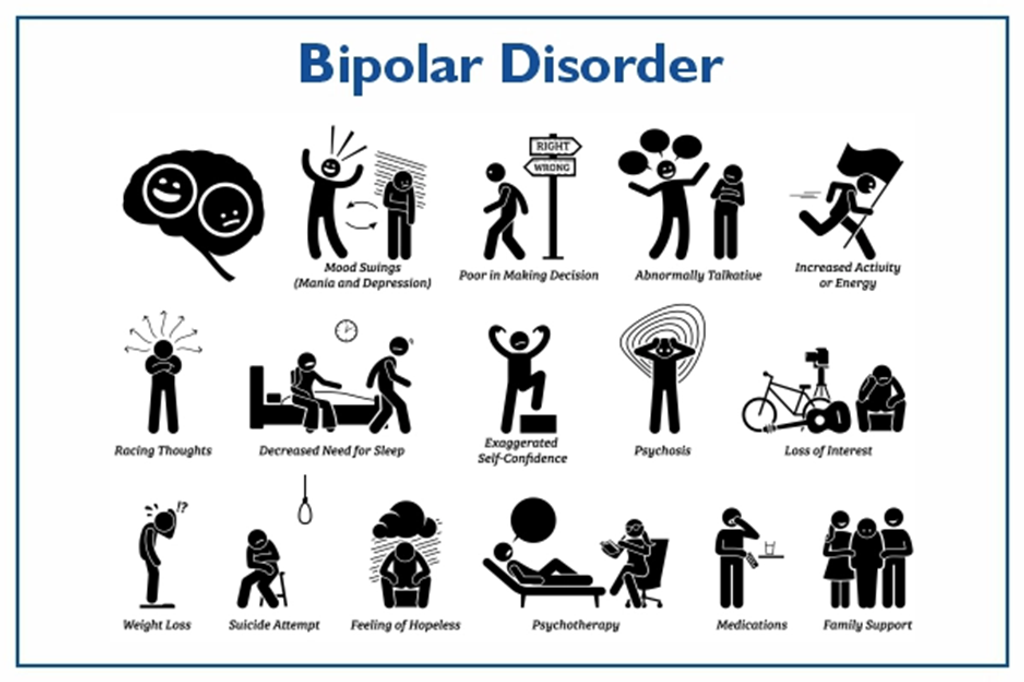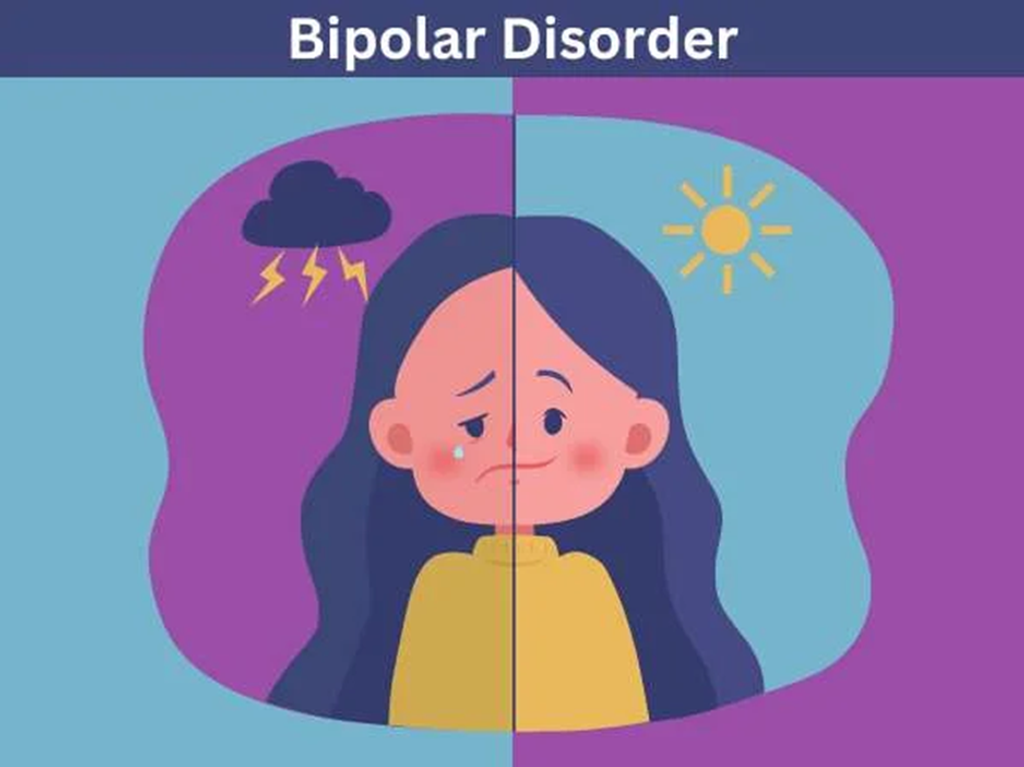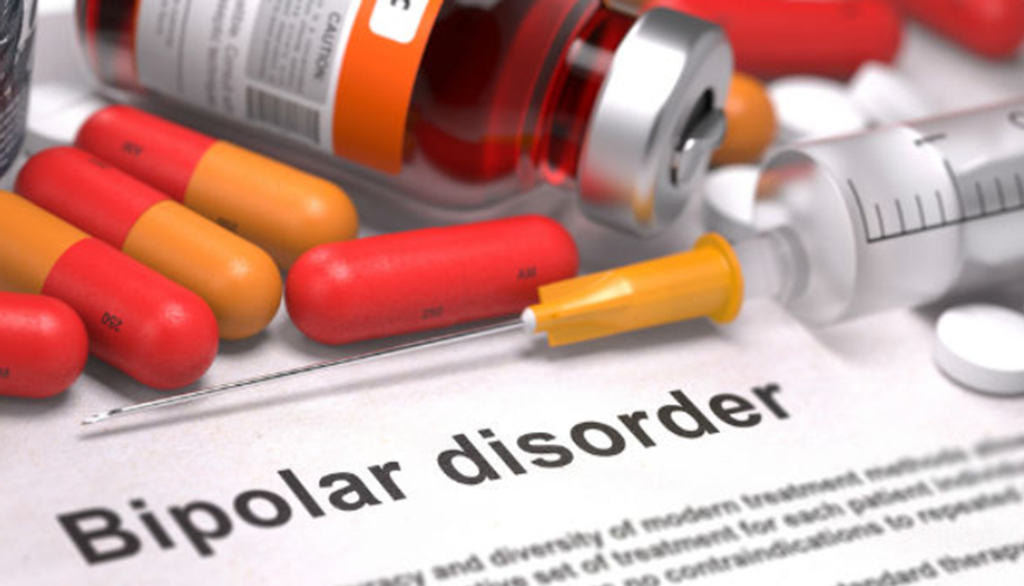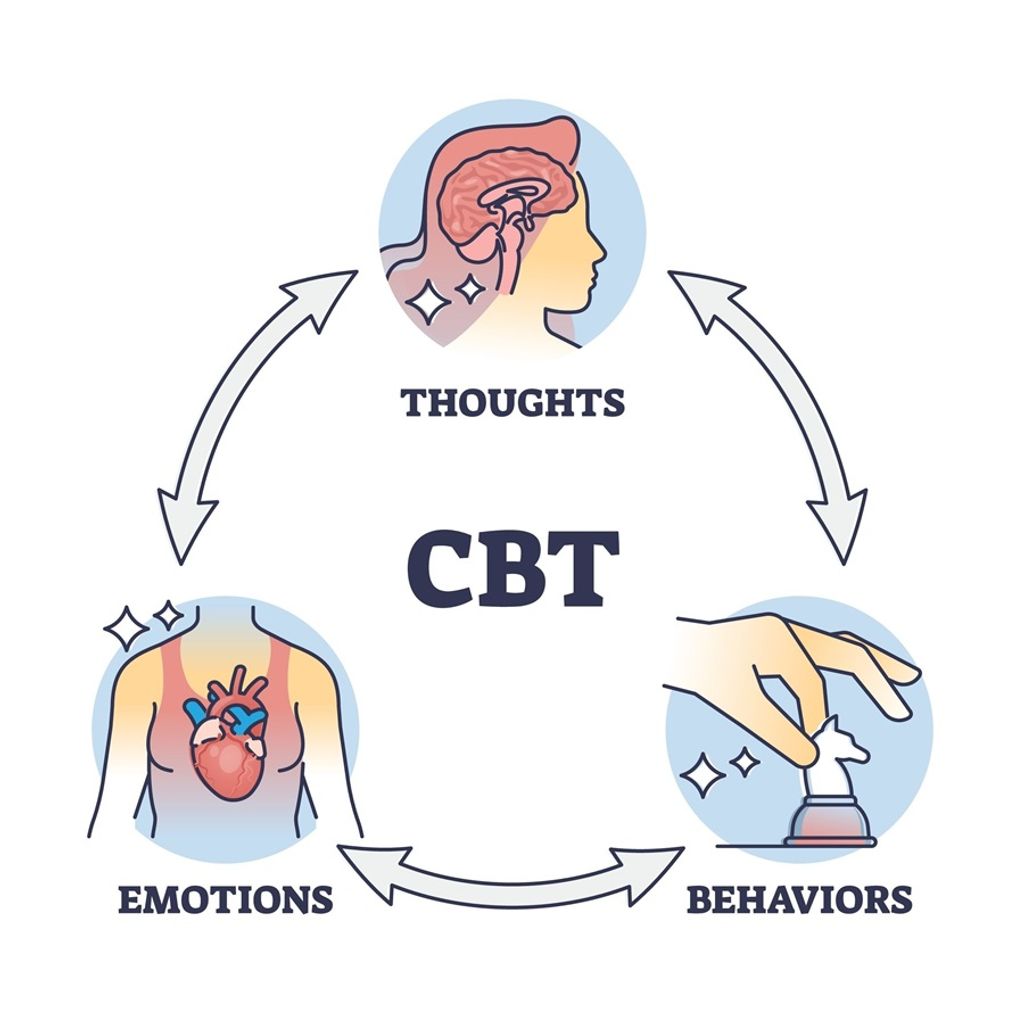Bipolar disorder is more than mere “mood swings”; it’s a complex, often misdiagnosed condition that requires deep understanding and careful management. This article delves into the intricacies of bipolar disorder through the lens of a patient’s experience and expert insights, shedding light into this condition.
Understanding Bipolar Disorder: Beyond Mood Swings
Bipolar disorder, also known as manic-depressive illness, is characterized by dramatic shifts in mood, energy, and activity levels. These episodes range from depressive lows to manic highs, impacting a person’s ability to carry out daily tasks. According to Dr. Amelia Kelley, a therapist and researcher with the Traumatic Stress Research Consortium at the Kinsey Institute.
“It is important to understand that bipolar can appear differently in different people. It’s often confused with symptoms of other disorders, including ADHD and PTSD, but this diagnosis has many biological markers—so many that there are actual blood tests to test for bipolar.”
The distinction between bipolar disorder and other mood or cognitive conditions lies in the severity and duration of these mood swings. Unlike typical mood changes that many experience, bipolar disorder involves prolonged and extreme episodes that can last for days or months. The depressive phases can lead to suicidal thoughts and a complete lack of energy, while manic episodes often involve impulsive behaviors, such as hypersexuality or extravagant spending.
The Importance of Proper Diagnosis and Treatment
Accurate diagnosis is crucial for effective treatment. Dr. Kelley emphasizes the importance of seeking help from qualified mental health professionals.
“Many who leave bipolar untreated can make detrimental life choices, end up in dangerous relationships or circumstances, lose things that are important to them, and also become self-harming as the lows of depressive episodes dramatically increase the likelihood of suicidal thoughts,” she says.
A Personal Journey: Breana Grayson’s Story
 Breana Grayson, a 34-year-old woman from St. Louis, shares her journey with bipolar disorder. Diagnosed at the age of 25, Breana has faced numerous challenges but has also found ways to manage her condition and lead a fulfilling life.
Breana Grayson, a 34-year-old woman from St. Louis, shares her journey with bipolar disorder. Diagnosed at the age of 25, Breana has faced numerous challenges but has also found ways to manage her condition and lead a fulfilling life.
Early Signs and Misunderstandings
Breana’s struggle with bipolar disorder began in her teenage years, though she did not recognize it at the time. Her mood swings affected her relationships and decision-making.
“On my good days, I felt like I could conquer the world, but on my bad days, I felt like a total failure,” she recalls.
These extreme highs and lows disrupted her life, making it difficult to hold a job, maintain relationships, or complete her education.
Hitting Rock Bottom

In 2017, Breana reached a breaking point. After moving to Florida on a whim, she found herself alone and unemployed. Her depressive episodes deepened, leading to an attempted suicide. Fortunately, she survived and recognized the need for a significant change. With her mother’s support, she sought help and began the journey toward diagnosis and treatment.
Receiving a Diagnosis
Breana’s path to diagnosis involved several steps, including therapy, group sessions, and consultations with a psychiatrist. When she was finally diagnosed with bipolar disorder, she felt a sense of relief.
“I wasn’t broken! I had a diagnosis!” she says.
Understanding that her condition was a medical issue, not a personal failing, was a turning point.
Managing Bipolar Disorder: Treatment and Lifestyle Changes
Effective management of bipolar disorder involves a combination of medication, therapy, and lifestyle adjustments. Breana’s treatment included antipsychotics and mood stabilizers, which required careful adjustment to find the right balance. Alongside medication, she adopted several lifestyle changes to maintain stability.
Medication and Therapy

Breana’s treatment plan included weekly talk therapy and regular psychiatric checkups. This consistent support helped her manage her symptoms and understand her condition better.
“Finding the right mix of medicines took some trial and error, but once we did, I began to see a huge difference,” she notes.
Lifestyle Adjustments
Breana also made significant lifestyle changes to support her mental health. She emphasizes the importance of a healthy diet, regular sleep, and exercise.
“Lack of sleep is one of my top triggers for manic episodes,” she explains.
Journaling, creative outlets, and maintaining strong social connections have also been crucial in her recovery.
The Ongoing Journey: Living with Bipolar Disorder
Living with bipolar disorder is an ongoing process of maintenance rather than a one-time cure. Breana acknowledges that she still faces challenges but has learned to manage them effectively.
“For every five good days, I’ll have one when I fantasize about not being alive. Thankfully, I can recover faster these days, and the mood swings aren’t as debilitating,” she says.
Breaking the Stigma
One of the hardest parts of living with bipolar disorder is dealing with the stigma and misunderstanding surrounding mental illness. Breana has found that being open about her condition with her loved ones has made a significant difference. She encourages others to do the same, emphasizing that bipolar disorder is not a personal failure but a medical condition that can be managed.
Expert Insights: Understanding and Supporting Patients with Bipolar Disorder
Dr. Kelley offers valuable insights for healthcare professionals on diagnosing and supporting patients with bipolar disorder. She stresses the importance of comprehensive assessments considering the patient’s medical and psychological history.
“Bipolar disorder requires a nuanced approach to diagnosis and treatment. It’s essential to differentiate it from other conditions and to understand the patient’s unique experiences,” she advises.
The Role of Medication
Medications play a critical role in managing bipolar disorder. Dr. Kelley notes that finding the right combination of drugs can be challenging but is essential for stabilizing mood swings. She advocates for ongoing monitoring and adjustments to ensure the best patient outcomes.
Psychotherapy and Support
 Psychotherapy is a cornerstone of treatment, in addition to medication. Cognitive-behavioral therapy (CBT) and other therapeutic approaches can help patients develop coping strategies and manage their symptoms. Dr. Kelley also highlights the importance of support groups and peer networks in providing additional support layers.
Psychotherapy is a cornerstone of treatment, in addition to medication. Cognitive-behavioral therapy (CBT) and other therapeutic approaches can help patients develop coping strategies and manage their symptoms. Dr. Kelley also highlights the importance of support groups and peer networks in providing additional support layers.
Conclusion: Hope and Healing for Bipolar Disorder
Breana Grayson’s story and Dr. Amelia Kelley’s expertise highlight the complexities of bipolar disorder and the importance of proper diagnosis and treatment. While the journey can be challenging, there is hope for those living with bipolar disorder. Individuals can lead fulfilling lives and achieve their goals with the right combination of medication, therapy, and lifestyle changes.
Breana’s message to others facing similar challenges is clear: “You are not broken. Taking the steps and being responsible for managing your condition proves you have it together. There is no cure for bipolar disorder, but there is hope your life can get better.”
Through understanding, compassion, and ongoing support, healthcare professionals can make a significant difference in the lives of those affected by bipolar disorder. By sharing stories like Breana’s and continuing to educate ourselves and others, we can help reduce the stigma and provide the necessary tools for managing this complex condition.
Disclaimer: The content provided on this platform is intended for informational purposes only and does not replace professional medical advice, diagnosis, or treatment. Some materials may originate from third-party sources, and the views expressed are solely those of the respective authors or entities, not Docquity. Docquity does not warrant the accuracy, reliability, or completeness of the content and disclaims any responsibility for it. Users are advised to independently verify all information before acting upon it.
References
“Here’s How I Knew I Had Bipolar Disorder”: A Patient’s Story with a Doctor’s Insights [Internet]. Accessed on August 08, 2024. Available at: https://www.thehealthy.com/mental-health/how-i-knew-i-had-bipolar-disorder-patient-story/
About Docquity
If you need more confidence and insights to boost careers in healthcare, expanding the network to other healthcare professionals to practice peer-to-peer learning might be the answer. One way to do it is by joining a social platform for healthcare professionals, such as Docquity.
Docquity is an AI-based state-of-the-art private & secure continual learning network of verified doctors, bringing you real-time knowledge from thousands of doctors worldwide. Today, Docquity has over 400,000 doctors spread across six countries in Asia.
Meet experts and trusted peers across Asia where you can safely discuss clinical cases, get up-to-date insights from webinars and research journals, and earn CME/CPD credits through certified courses from Docquity Academy. All with the ease of a mobile app available on Android & iOS platforms!







